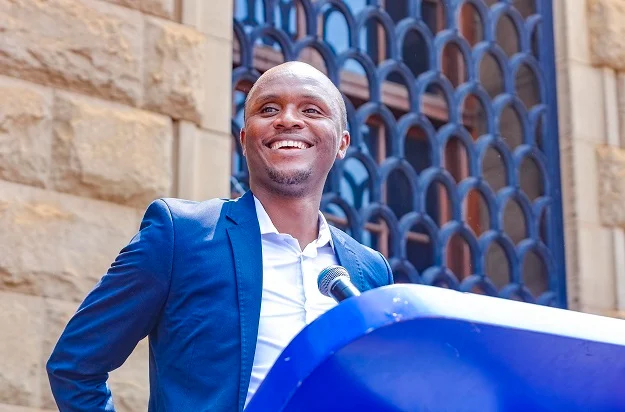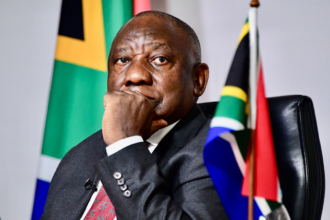South Africa’s Communications Minister, Solly Malatsi, has withdrawn the contentious SABC Bill, which aimed to establish a new funding model for the financially struggling national broadcaster. The bill, originally proposed in October 2023 by former Communications Minister Mondli Gungubele, faced harsh criticism for its lack of a feasible financial plan and the risk of eroding SABC’s editorial independence.
The bill proposed setting a three-year timeline for developing a sustainable funding model for the SABC, yet Malatsi dismissed this approach as “totally flawed.” He argued that the draft legislation failed to address the broadcaster’s financial needs and risked sustaining an outdated TV licence model that is no longer effective in the current media landscape. In a letter to Parliament speaker Thoko Didiza, Malatsi explained that he invoked his ministerial discretion to withdraw the bill following extensive consultations with stakeholders and a review of public submissions.
Reasons Behind the Bill’s Withdrawal
Industry experts, former SABC executives, and watchdog groups like Media Monitoring Africa and the SOS Support Public Broadcasting Coalition echoed Malatsi’s concerns, highlighting the bill’s failure to solve SABC’s financial struggles. Among the biggest criticisms was the lack of a solid funding structure, which, according to Malatsi, would only perpetuate the broadcaster’s financial woes.
The South African National Editors’ Forum also voiced concerns over the bill’s potential impact on SABC’s editorial independence, warning that the increased authority of the communications minister over the broadcaster could compromise its impartiality. Malatsi agreed, noting that the proposed powers to appoint board members could endanger the SABC’s autonomy.
SABC’s Financial Woes and the Call for Reform
The SABC has posted heavy financial losses in recent years, reporting a deficit of approximately R200 million in 2024 following a R1.13 billion loss the previous year. These losses are attributed to declining advertising revenue and plummeting TV licence compliance rates, both of which have left the SABC struggling to fulfil its public mandate. Advertising income dropped significantly from R4.5 billion in 2019 to R2.81 billion in 2024, and TV licence revenues declined from R968 million to R726 million over the same period, with compliance rates falling to just 14% in 2024.
Despite the importance of its public mandate — which includes broadcasting in all of South Africa’s indigenous languages — the SABC faces steep production costs that are not offset by adequate advertising revenue, especially for programming in less commercially viable languages. The broadcaster previously suggested replacing the outdated TV licence system with a household levy collected by MultiChoice, owner of DStv, South Africa’s largest private broadcaster. However, MultiChoice opposed this proposal, citing privacy concerns and the cost of system adjustments.
Alternatives Proposed by Industry Stakeholders
Stakeholders offered varied solutions to address the SABC’s financial crisis:
- The Organisation Undoing Tax Abuse (OUTA): Advocated for an annual allocation from the National Treasury to fund the broadcaster’s mandate.
- The Free Market Foundation: Proposed privatizing the SABC, allowing it to compete for viewers with higher-quality programming, which would ideally attract more advertising revenue.
Malatsi emphasized that a new financial model must be urgently developed, as merely amending the bill would not resolve the core funding issues. He indicated that prioritizing an alternative sustainable funding solution for the SABC is essential to ensure the broadcaster’s stability and to preserve its role in South African media.
Future of SABC’s Funding Model
With the current bill scrapped, the path forward for SABC’s funding remains uncertain. Malatsi’s decision, however, underscores the urgency of finding a reliable funding mechanism that reflects the changing media consumption patterns, especially as South African audiences increasingly shift from traditional TV to streaming platforms. Industry watchers and stakeholders will be closely following the developments to see whether a viable funding structure can be established to secure the future of South Africa’s public broadcaster.











